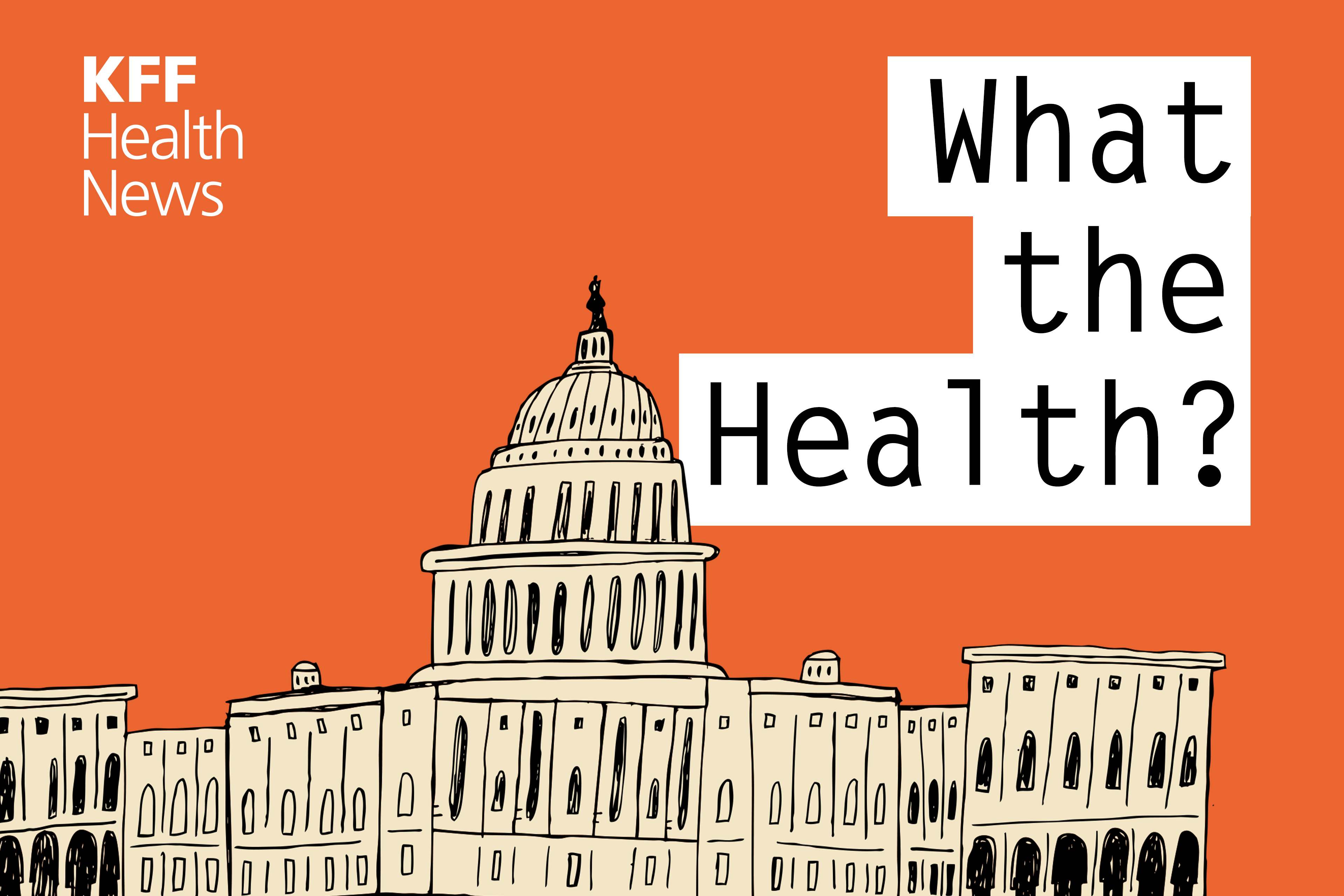About Half of Adults with ACA Marketplace Coverage are Small Business Employees or Self-Employed and Could Face Higher Premiums Soon
About half (48%) of adults with ACA Marketplace coverage are employed by small businesses or are self-employed and could face higher premiums soon. Because the vast majority of individual market coverage is purchased through the Affordable Care Act (ACA) Marketplaces, changes to the ACA, including the expiration of the enhanced premium tax credits at the end of this year, would have significant implications for what small business owners and workers spend on their health care.



